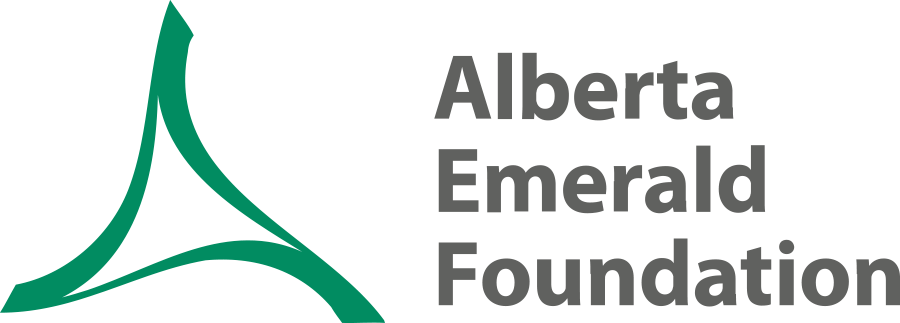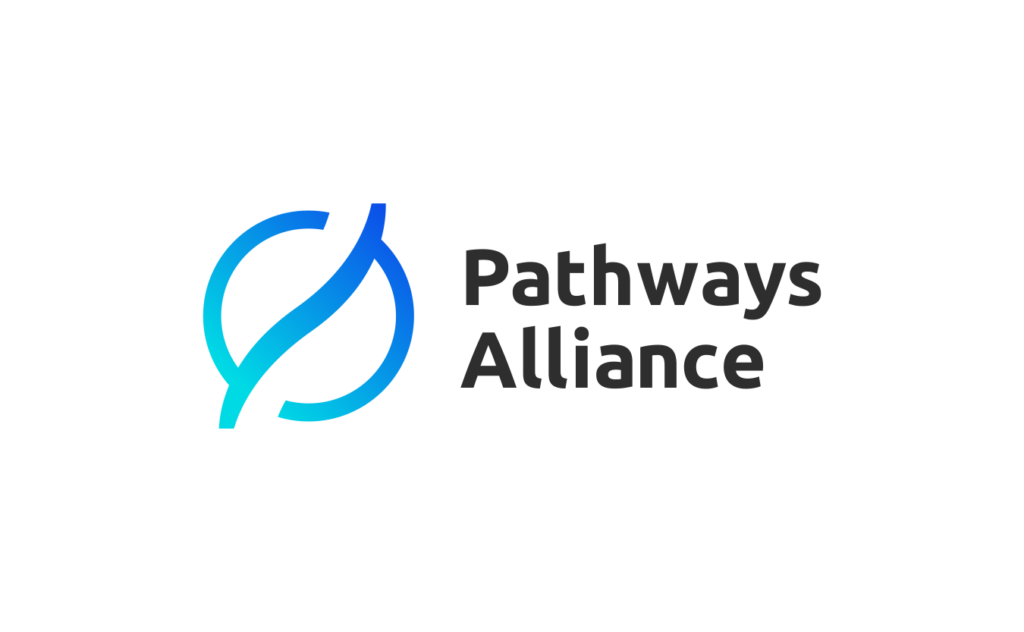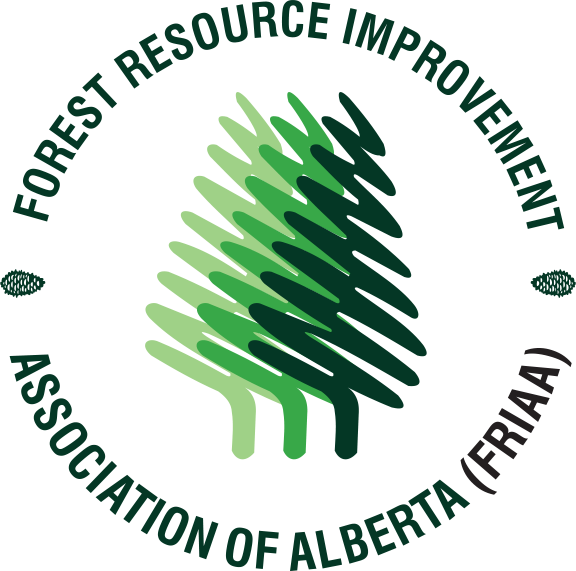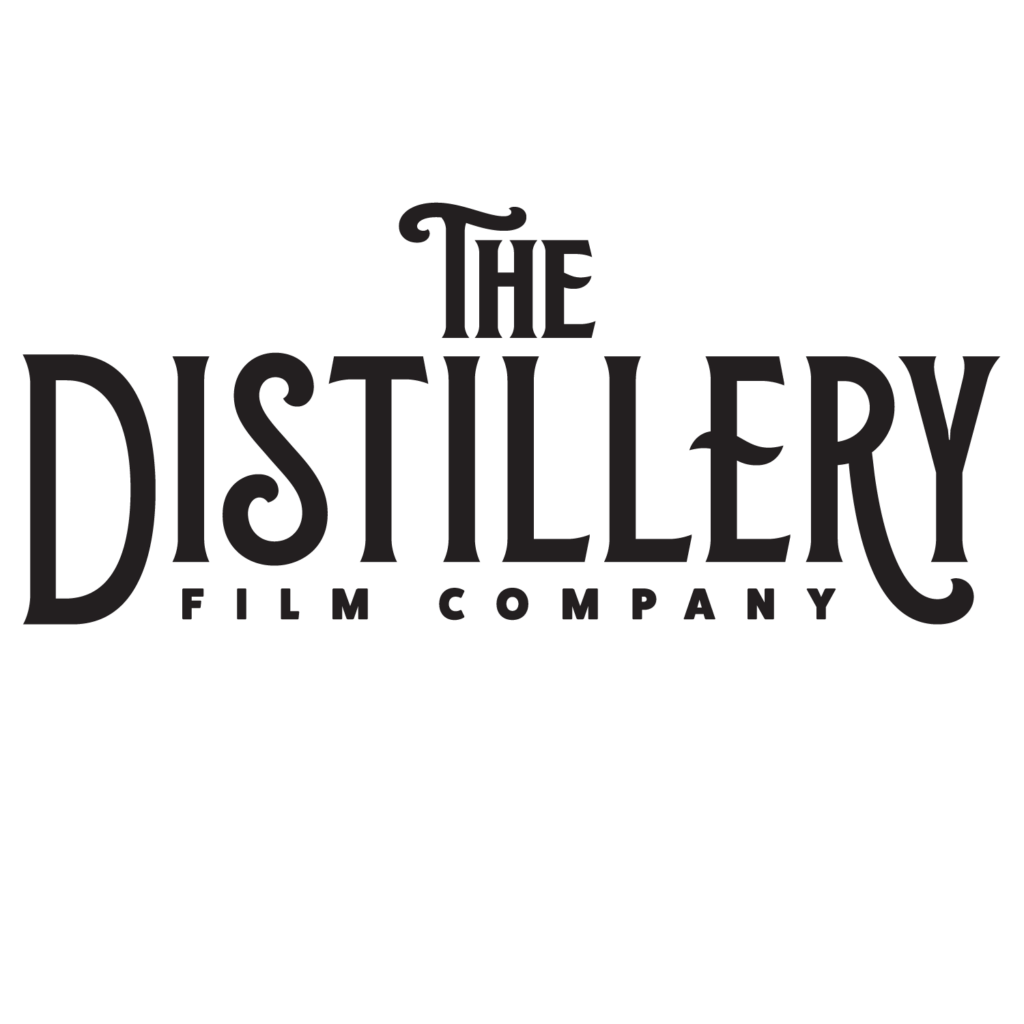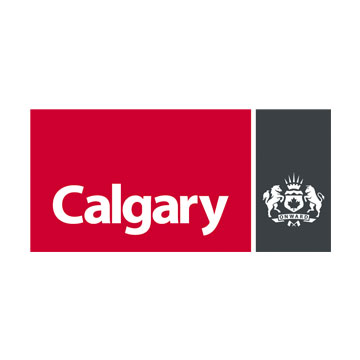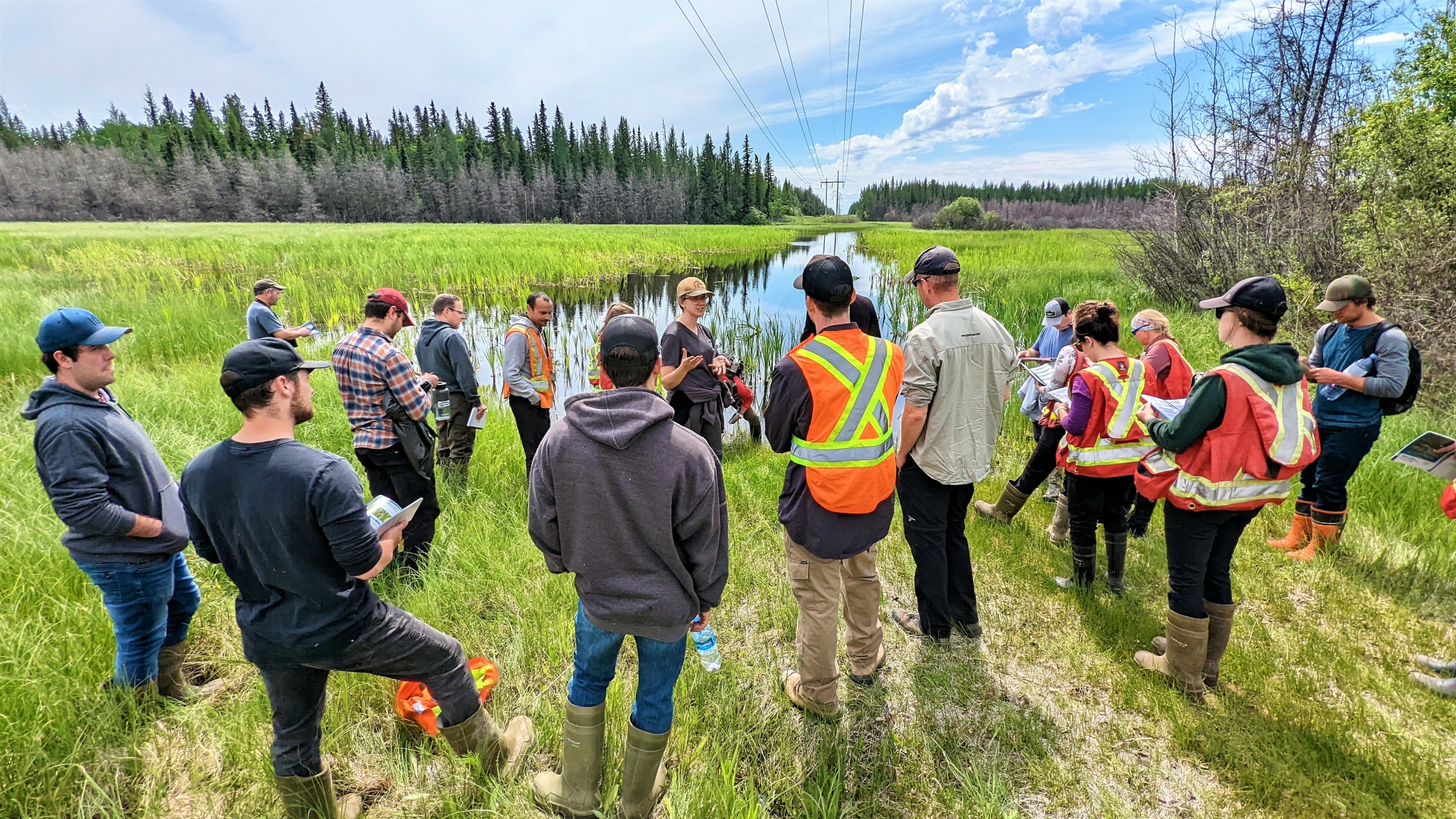
Wetlands are prominent features in forests and are often part of interconnected systems that link all forest ecosystems. Alberta’s wetlands help maintain forest productivity (water/ nutrient flow) and provide numerous ecosystem services that benefit the forest industry and society. The Forest Management Wetland Stewardship Initiative’s (FMWSI) mission is to advance wetland stewardship in the boreal forest through sustainable forest management. Working together since 2017, the initiative takes an innovative approach by leveraging the knowledge and resources of seven committed organizations to find solutions to shared challenges. These organizations include Alberta Pacific Forest Industries Inc., Canfor, Ducks Unlimited Canada (DUC), the Forest Products Association of Canada (FPAC), Tolko Industries Ltd., West Fraser, and Weyerhaeuser Company.
Together, FMWSI members have collaboratively selected wetland and waterfowl stewardship projects that are of mutual interest to all partners with the goal of developing resources that forest practitioners can use when working in and around boreal wetlands. A secondary goal is to build and strengthen relationships between DUC and industry partners. These relationships allow for greater collaboration and knowledge sharing and help to move the resources into practice.
The FMWSI has three key objectives:
1. Advance sustainable forest management
2. Establish guiding principles and best management practices to conserve wetlands and waterfowl in forest management planning and operations
3. Complement provincial forest management planning requirements and the needs of forest certification programs
To date, the FMWSI has developed five publicly available resources – two technical reports and three practitioner guidebooks. These resources help guide planning and operating activities in and near boreal wetlands and describe best management practices to minimize or avoid potential impacts to wetlands and waterfowl. They are publicly available and have been downloaded over 1,800 times and we have distributed over 1,200 hard copies. While the primary audience for these resources is forest practitioners, biologists, and land managers, they have reached a much wider audience including Indigenous communities and students.
These resources are important for promoting wetland stewardship in Alberta’s boreal forest; however, even more significant gains come from moving these resources into practice. The FMWSI strongly values knowledge exchange and in 2022, the FMWSI took to the field to deliver boreal wetland identification and classification training to company staff. This training included discussing the value and importance of wetlands to maintaining healthy waters, discussing how wetland guiding principles and best management practices could be applied in the field, identifying successes and challenges that forest companies face when working around wetlands, and continuing to build a shared understanding of sustainable wetland management in the context of forest management. The FMWSI conducted seven field tours at sites throughout the province and engaged over 150 FMWSI partner and DUC staff. These collaborative field tours provided an opportunity to share and exchange knowledge between wetland experts and forest practitioners and provided a collaborative learning space.
The work of the FMWSI to promote wetland stewardship in the context of sustainable forest management is critical to ensure Alberta’s wetlands can continue to support healthy water for all Albertans.
